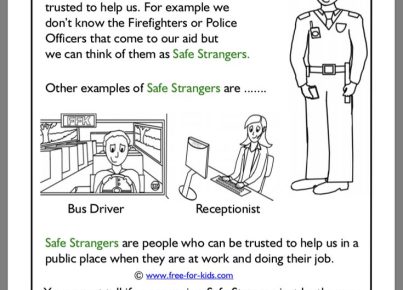Introduction
The 21st century demands an innovative and collaborative approach to prepare students for the workforce challenges of the future. Combining the efforts of educational institutions and businesses to enhance teaching expertise can lead to improved student outcomes and increased economic growth. This article will explore how education and business working together can promote teaching expertise for a brighter future.
A Need for Collaboration
Today’s fast-paced economic landscape necessitates a skilled labor force equipped with various attributes such as creativity, critical thinking, communication, and problem-solving abilities. Education plays a crucial role in shaping the workforce by imparting these essential skills. However, preparing students for real-life professional challenges cannot be achieved solely within the educational sphere. Bridging the gap between education and industry allows both sectors to understand each other’s expectations and work towards developing pertinent teaching expertise.
Educator-Industry Partnerships: Building Synergy
Creating effective partnerships between educators and industry professionals can foster teaching expertise through numerous ways:
1. Internships and Apprenticeships: By offering internships or apprenticeships, businesses allow students to gain valuable hands-on experience while simultaneously applying theoretical knowledge gained in classrooms. This exchange enables educators to incorporate industry-relevant content into their curriculum.
2. Industry-Expert Guest Lecturers: Inviting professionals from different industries as guest lecturers helps equip educators with current market information and approaches while providing students with real-world perspectives on various subjects.
3. Professional Development for Educators: By participating in workshops, conferences, or short courses conducted by industry experts, educators can stay updated on emerging trends and technologies relevant to their fields. Businesses can also sponsor educators’ attendance at such professional development events.
4. Collaborative Research: Educational institutions and businesses can collaborate on research projects that focus on solving real-world industry problems while enhancing educators’ subject matter expertise.
5. Advisory Boards: Developing advisory boards made up of industry professionals able to provide valuable input on curriculum development, teaching methodologies, and resources ensures that educational programs are aligned with workforce needs.
Benefits of Education-Business Collaboration
Collaboration between education and business enables the following advantages:
1. Improved Teaching Expertise: By understanding industry requirements better, educators can design their lessons accordingly, making them more effective and relevant for students.
2. Enhanced Employability: Students exposed to industry practices and professional perspectives are better prepared to enter the workforce with relevant skill sets, making them more employable upon graduation.
3. Industry Growth: A well-prepared workforce can contribute significantly to business growth and innovation. Businesses also benefit from a pool of skilled potential employees.
4. Community Development: Strong education-industry partnerships foster economic development at local, regional, and national levels by nurturing a knowledgeable and skillful population.
Conclusion
The fusion of education and business to enhance teaching expertise is critical in today’s globalized economy. By working together, educational institutions can adapt their curricula and teaching methods to stay current with industry needs while businesses gain access to a talent pool prepared for tomorrow’s workforce challenges. Through collaboration, we can build stronger communities and secure a prosperous future for generations to come.





